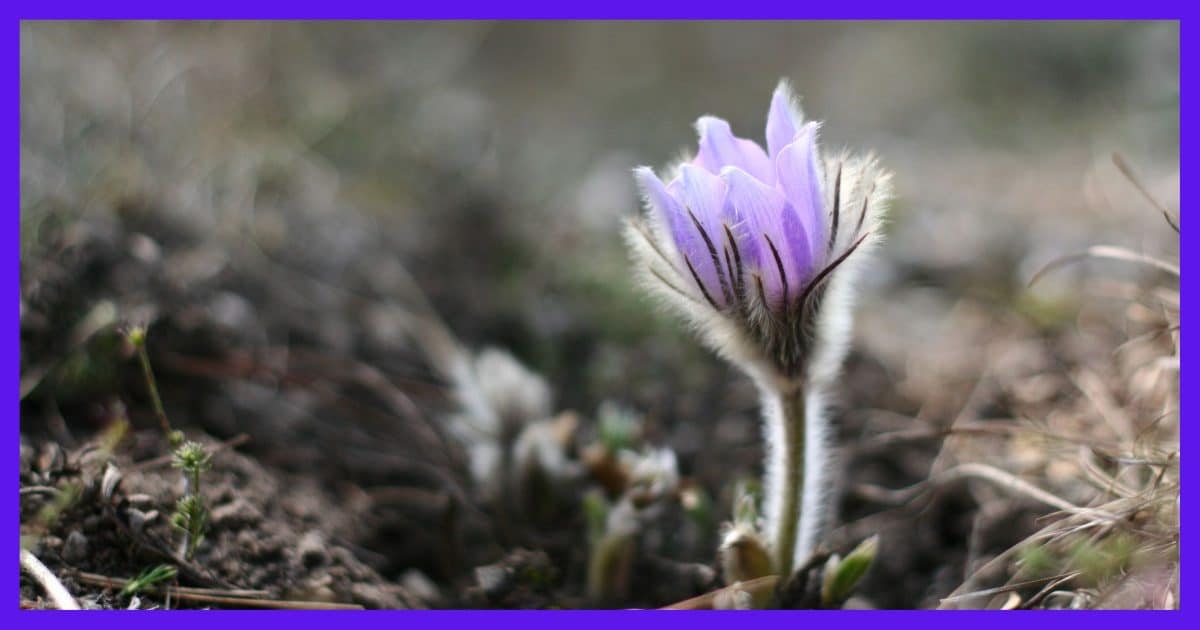
(If you’re having difficulty viewing this in email, visit 7takeaways.com/latest in your browser. If a link to a source below leads to you a paywall or is otherwise inaccessible, please read my note on the topic: Paywalls.)
1. “The mind is an anarchist”
Self Doubt, Limiting Beliefs and the Value of the Internal Regulator – Julia Hubbel – (Blog)
The mind is an anarchist, it wants what it thinks it wants, and it often doesn’t wish to be monitored or controlled by a more thoughtful regulator.
I’m feeling that a lot of late. The mind wants what it wants.
The essay is an interesting introspection of self image, limiting beliefs, where they come from and the challenge of facing them honestly.
Do this: Appreciate yourself.
2. “We Defeat Fear with Logic”
Courage is Calling – Ryan Holiday – (ebook)
The part of your brain that sees the worst, that extrapolates out the craziest scenario and consistently underestimates your ability to handle it? This is not your friend. Nor is it the truth.
A coincidental tie in to the previous takeaway. Negative self talk is a thing, and so is catastrophizing. It’s something we all do: imagining the worst outcome in almost any risky or scary scenario. And it rarely materializes. We fear most what never comes to be.
The trick, if you will, is to act anyway.
Do this: act.
3. “We’re able to adapt”
Avoiding the Slippery Slope of Making Assumptions – Jennifer Guttman Psy.D. – (Psychology Today)
Another coincidental find on the path of catastrophizing and negative self-talk. (I don’t plan these themes, they just happen.)
Avoid making speculative catastrophic predictions that inevitably can reduce hope for your personal future, marriage, children, and the planet.
Many, of course, would say “easier said than done”, which I totally understand. My take on these eight strategies to avoid making assumptions that don’t serve us is that they’re not magical solutions, but rather prompts to remind us to think about our reality before projecting our fears and biases into the future.
Do this: think before you assume.
4. “Sometimes existence delivers us small moments of beauty.”
A New Dimension to a Meaningful Life – Joshua Hicks, Frank Martela – (Scientific American)
The theory is that appreciating small things can make life feel more meaningful. I don’t actually question that this is possible, but I wonder if the relationship is really causal. Could it perhaps be the reverse? That those who feel life is more meaningful, whatever their reasons, might not be more likely to appreciate the small things?
Causation or correlation, it’s a win either way.
Do this: appreciate the small things in life.
5. “Social media has both magnified and weaponized the frivolous.”
Why the Past 10 Years of American Life Have Been Uniquely Stupid – Jonathan Haidt – (The Atlantic)
… being online did not make most people more aggressive or hostile; rather, it allowed a small number of aggressive people to attack a much larger set of victims.
This is a rather lengthy analysis comparing the rise of social media to the mythical Tower of Babel, and the havoc and societal discord brought about by each. It goes deep into the causes and ramifications. It’s quite interesting.
It’s also not completely without hope. It does spell out three specific actions to be taken to reduce the damage, though those are difficult, at best, to achieve.
Do this: Use social media wisely.
6. “No one has quite figured out how to replicate that kind of incidental discovery online.”
How Barnes & Noble Went From Villain to Hero – Elizabeth A. Harris – (New York Times)
Honestly, I haven’t paid much attention to Barnes & Noble in recent years, for all the obvious reasons. Whenever I think of supporting local or physical book stores they’re not quite the image that comes to mind.
Apparently I might want to change my mindset. They’re still a massive chain, of course, but this essay is an interesting overview of how they’ve changed in recent years to more directly address the strengths that they do bring to the table, particularly when compared to online sellers.
Do this: visit a bookstore. They’re cool.
7. “A cat and mouse game, without end”
Of ‘Algospeak’ and the Crudeness of Automated Moderation – Clive Thompson – (Medium)
Human content moderation can be accurate, but doesn’t scale — at least not without proportional and high expense.
So the massive networks rely on automated content moderation — mostly a banned words list — which is cheap, but wildly error prone.
It’s also trivial to bypass, which is the point of this essay. Participants will create completely new terms and language so as to skirt automated content filters. One example I’ve seen frequently on TikTok are variations of “become unalive” as an alternative from “suicide” or other death-related terms. While the intent, I’m sure, is to discourage actual suicide, the constantly shifting language being used makes the effort untenable and affects troubled individuals and mental health advocates alike.
Human moderation is the only alternative. Until networks recognize this and invest in it automated moderation will be both frustrating and ultimately ineffective.
Do this: watch your language.
What I’m Reading
In progress:
- Atomic Habits: An Easy & Proven Way to Build Good Habits & Break Bad Ones – James Clear
- Courage is Calling – Ryan Holiday
- Magic Burns (Kate Daniels, Book 2) – Ilona Andrews
Daily:
- The Daily Stoic: 366 Meditations for Clarity, Effectiveness, and Serenity – Ryan Holiday, Stephen Hanselman
- The Daily Laws: 366 Meditations on Power, Seduction, Mastery, Strategy, and Human Nature – Robert Greene
Support 7Takeaways
As Austin Kleon says about his own newsletter: it’s free, but not cheap. Your support helps keep 7Takeaways viable. I appreciate your consideration VERY much.
- Recurring Support (Monthly/Quarterly/Yearly options)
- One-Time Support
Pick your own level of support!
